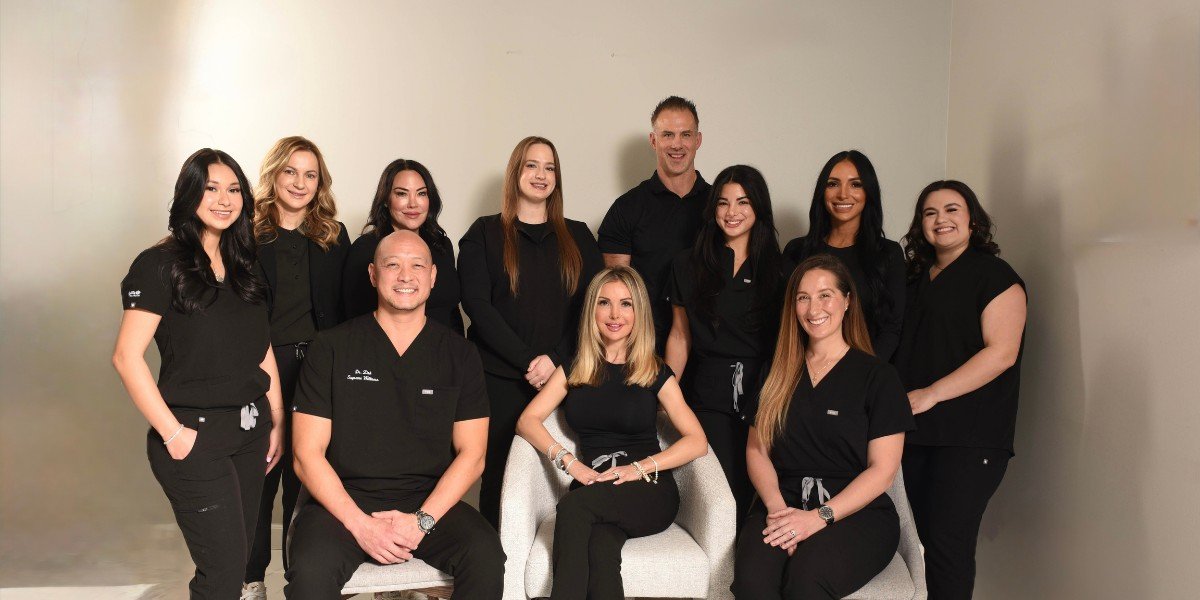By: Elowen Gray
Imagine a room full of middle schoolers learning that their brains are still under construction. A teacher points to a diagram of the prefrontal cortex and explains how it helps them make decisions, resist impulses, and regulate emotions. There is a pause, a quiet moment of realization. For some students, this is the first time anyone has explained why they feel overwhelmed, reactive, or confused by their own behavior. For others, it is a moment that could change how they see themselves.
This is the kind of impact Dr. Crystal Collier aims to create with her prevention science work. A licensed professional counselor, researcher, and educator, she is bringing neuroscience out of academic journals and into the hands of students, parents, and educators. Her message is clear: if we want to reduce the likelihood of addiction and risky behaviors, we need to understand the brain and teach kids how to take care of it before problems begin.
The Adolescent Brain Is Still Developing
The foundation of Dr. Collier’s work lies in neurodevelopment. Adolescence is a time of immense brain change. While the brain begins its remodeling process around age eleven, the prefrontal cortex, responsible for executive functions like planning and impulse control, typically does not fully mature until the mid-twenties. This developmental window can create a challenging storm. Teenagers have a fully functioning limbic system that craves reward and novelty but may lack the brakes that help assess consequences.
Dr. Collier’s programs are built on this insight. She explains to young people how their developing brains might respond to substances, stress, peer pressure, and digital stimulation. When they understand the biological reasons behind their impulses, many students report feeling more motivated to make safer choices. It is not about scare tactics. It is about science, framed with clarity and compassion.
Prevention Works Ideally When It Starts Early
Traditional models of addiction and behavioral intervention often focus on treatment after a crisis occurs. What Dr. Collier and other leaders in prevention science suggest is that waiting for the breakdown may be both less effective and more costly. Prevention, when done well, is proactive and educational. It provides tools before a young person ever reaches a breaking point.
Through her online platform, Know Your Neuro, Dr. Collier makes brain-based education accessible to schools and families across the country. Her curriculum includes engaging videos, interactive tools, and exercises that walk users through how different risk factors could affect the brain. Students are not just told what not to do. They are shown what happens inside their brain when they do it, and how they might protect their brain health.
This approach has shown measurable results. Schools that adopt her program often report decreases in disciplinary issues, improved communication among families, and greater self-awareness among students. Teachers are trained to integrate this knowledge into everyday lessons, making brain health part of the school culture rather than an isolated topic.
Integrating Prevention Into Everyday Learning
One of the distinctive features of Dr. Collier’s work is how she integrates neuroscience into the broader educational environment. At St. Francis Episcopal School in Houston, she served as Counselor Scholar in Residence and helped develop social-emotional learning programming grounded in neuroscience. Instead of relying on outdated or punitive models, these programs taught empathy, self-regulation, and brain literacy.
By translating complex research into age-appropriate lessons, Dr. Collier equips educators to talk about topics like dopamine, emotional regulation, and cognitive development in ways that often resonate with students. Her work aims to make the science of behavior both practical and empowering.
Shame, Resilience, and the Power of Self-Knowledge
Dr. Collier is also a trained facilitator in Brené Brown’s Shame Resilience model. This aspect of her work adds a deeper emotional intelligence to the prevention strategies she promotes. Teenagers frequently internalize failure, especially when dealing with issues like substance use or mental health challenges. Shame can become a barrier to change.
By helping students understand that their behaviors are often rooted in biology and environment, not character flaws, she creates space for growth rather than guilt. Prevention, in her model, is not about blame. It is about knowledge, self-compassion, and informed decision-making.
This perspective is particularly valuable for parents. Her book, The NeuroWhereAbouts Guide, is a resource designed to help caregivers understand how to guide their children through the high-risk years. With accessible infographics and real-life examples, it breaks down the science in a way that is useful and actionable. Parents often report feeling less helpless and more connected to their children after engaging with her materials.
Policy, Gaps, and the Case for Curriculum Integration
Despite the growing evidence supporting neuroscience-informed prevention, most public school systems still lack any structured brain education. Health classes frequently gloss over neurodevelopment or reduce it to a few textbook definitions. Dr. Collier suggests that this is a missed opportunity. Schools already serve as central touchpoints for youth development. Incorporating brain health into K-12 curricula could potentially create long-term shifts in behavior, empathy, and mental health outcomes.
She works closely with national organizations like the American Association of Addiction Psychiatry and consults for the Opioid Response Network to advocate for policy changes that prioritize prevention education. Her programs have been recognized by major researchers and clinicians across the country, many of whom highlight her ability to effectively blend rigor, compassion, and practical design.
A Smarter Start for the Next Generation
Dr. Collier makes a persuasive case that we might be missing the point if we wait until a crisis hits to teach young people how their brains work. Her work is not about slogans or fear. It is about biology, empowerment, and early education.
By helping students understand themselves at a neurological level, she is giving them more than just information. She is giving them tools for resilience, agency, and long-term health. Prevention science, as she presents it, is not a side project. It is a potential foundation for how we help the next generation grow.
Disclaimer: This article is intended for informational and educational purposes only and does not replace professional medical, psychological, or educational advice. Neuroscience-based prevention programs and interventions should be implemented by qualified professionals. Readers are encouraged to consult healthcare providers or educators for guidance tailored to individual needs.
Published by Jeremy S.













